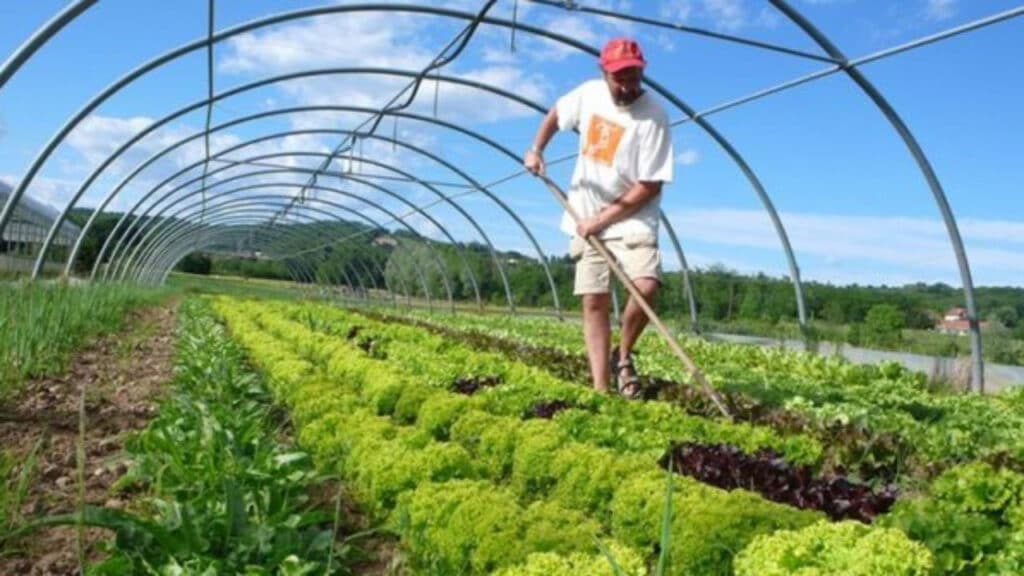You may have some general ideas about what constitutes organic food. It’s food that’s more “natural”, made without artificial interference from manmade chemicals and processes. But what exactly does that mean? There are pretty strict rules about the standards food has to meet to be called organic. It might help to divide it into two broad categories: plants and animals.
Organic fruit, vegetables and other crops are grown without synthetic fertilizers or potentially harmful pesticides. There’s also no genetic modification. The aim is to keep crops high in nutrients while avoiding artificial and possibly damaging chemicals. Evidence suggests it may be fairly successful at this, but research is still in the early stages.
Growing crops in an organic manner has other benefits as well. It’s better for soil and water quality, which in turn helps biodiversity. Protection from pesticides helps other plants and animals survive better. Traditional techniques like crop rotation are more common in organic farming and also better for the soil.
There are disadvantages, however. Organic farms don’t always produce as many vegetables as non-organic ones, which can make it difficult to make enough to feed everyone who needs it. There can also be additional expense involved for farmers, which may translate to higher prices for consumers.
Techniques used in organic horticulture can have a bearing on organic meat production as well. For meat to be organic, the animals need to have been raised in conditions that meet organic standards. That means no feeding them plants or animal byproducts that aren’t organic.
In addition to not eating crops grown with pesticides, organic animals are not routinely dosed with antibiotics to support short-term growth and health. Excess antibiotic use has long-term health implications for not just animals but people. Bacteria can develop antibiotic resistance, which is when they learn how to fight back against antibiotics. It can stop antibiotics from being effective medical treatments.
It may be more expensive, but organic food does have specific advantages that are worth considering. If you understand what is meant by organic vegetables or organic meat, it can allow you to make an informed decision about whether the cost is worth it. There is a certain amount of reassurance that comes from knowing your organic food has been subjected to rigorous standards and testing before it can carry that label.




